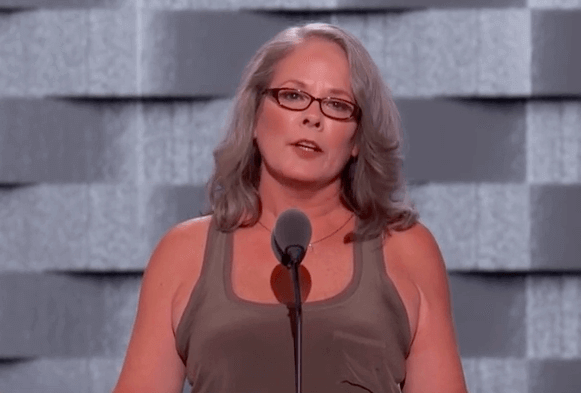

By: Lakeview Health
Monday’s first day of the Democratic National Convention in Philadelphia highlighted the addiction crisis in America.
It started when the mayor of Boston introduced himself AA style: “Good evening, my name is Marty Walsh and I am an alcoholic.” Walsh then recalled how he hit “rock bottom” in 1995 before receiving treatment through his union’s employee assistance program. Those frank remarks were followed by a New Hampshire woman addressing the delegates. Pam Livengood explained how she took in her grandson after drug addiction made it impossible for her daughter and the boy’s father to care for the child. “For my 50th birthday, I got a 2-year-old,” she said. Livengood doesn’t think her case is unusual. “This epidemic has devastated communities all over the country. It affects all of us. But sometimes it feels like folks in Washington don’t hear these stories.” Pam was invited to speak at the DNC about addiction and the impact it had on her family after raising the issue with Hillary Clinton when the former secretary of state was campaigning in New Hampshire. The New England state has been hit especially hard by the opioid addiction crisis in America. After Livengood’s speech, New Hampshire Senator Jeanne Shaheen outlined the severity of the problem. In her state alone, drug overdose deaths jumped from 192 in 2013 to 433 in 2015, an increase of 125 percent in only two years. Nationwide, opioids alone killed more than 28,000 Americans in 2014. Shaheen praised Hillary Clinton’s plan to deal with the addiction crisis. It prioritizes treatment over incarceration for nonviolent and low-level drug offenses while increasing resources for law enforcement and treatment centers. The addiction and behavioral health sequence at the DNC concluded with singer Demi Lovato who has been open about her own struggles with bipolar and eating disorders as well as substance abuse issues. “Like millions of Americans, I am living with mental illness, but I’m lucky: I had the resources and support to get treatment at a top facility,” said Lovato, who was treated for bipolar disorder and anxiety. “Unfortunately, too many Americans from all walks of life don’t get help, either because they fear the stigma or they cannot afford treatment,” she told the DNC. It is an encouraging sign to see prominent speakers at a major national event talk openly about their own addiction issues and the ongoing drug overdose epidemic. If the mayor of a major U.S. city can talk openly about his recovery at a national convention, the stigma of suffering from a substance use disorder is reduced for everybody.





